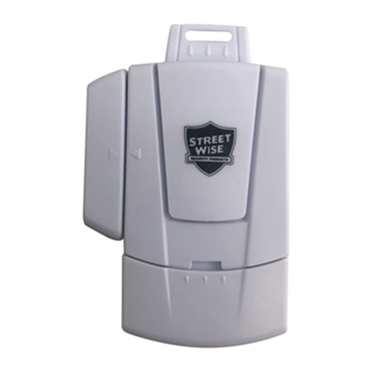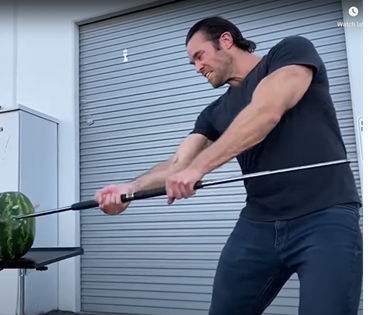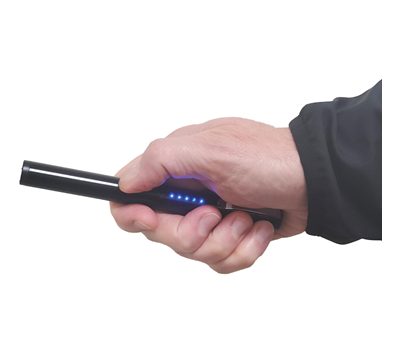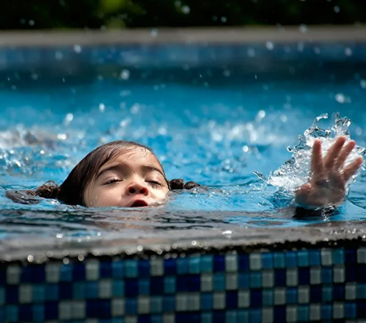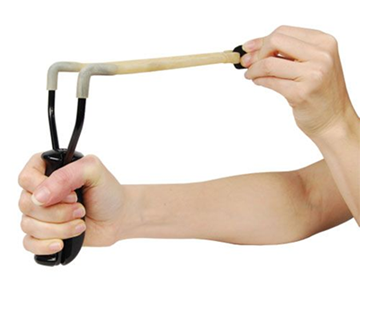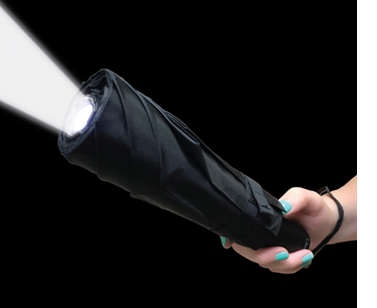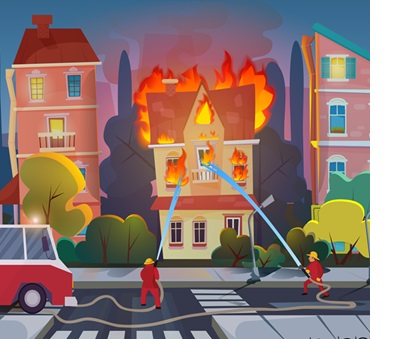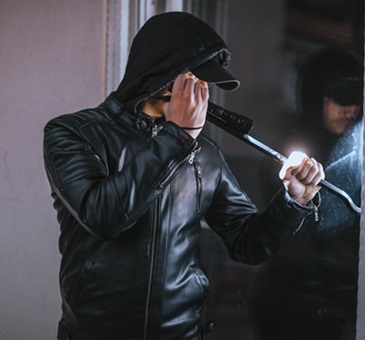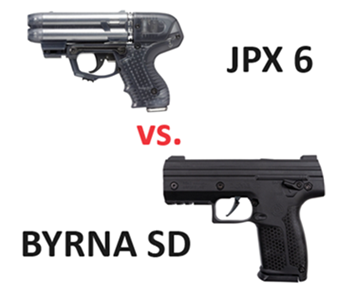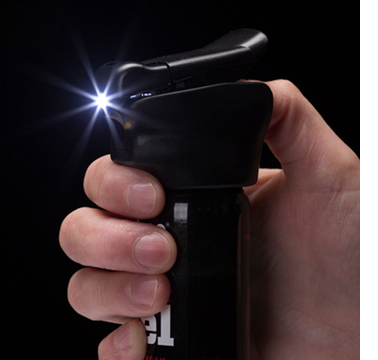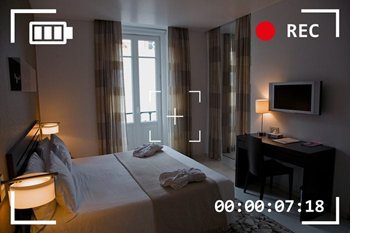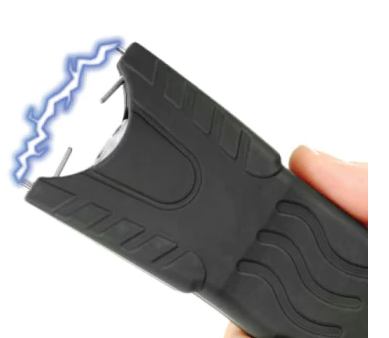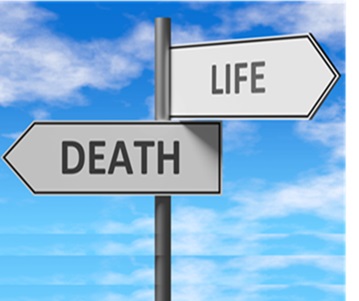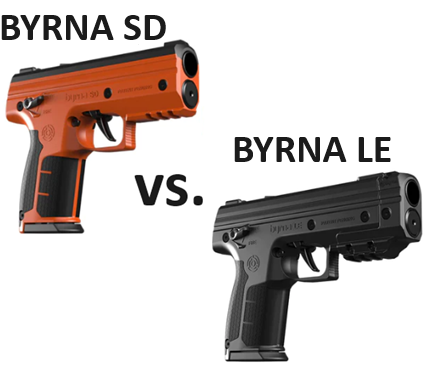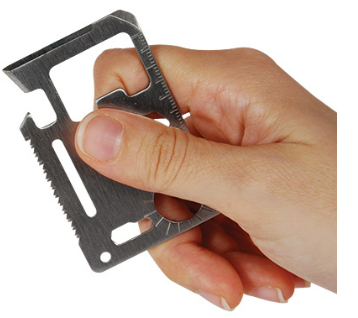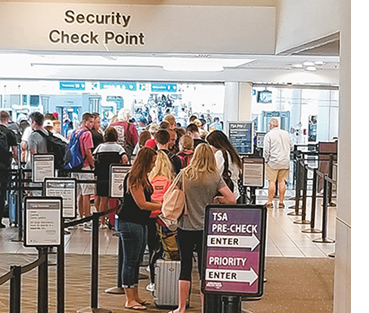The Importance of Situational Awareness in Self-Defense
 When it comes to self-defense, many people focus solely on physical techniques and strategies. While these skills are crucial, they are only half the battle. Situational awareness is the often-overlooked yet vital component of self-defense that can mean the difference between safety and danger.
When it comes to self-defense, many people focus solely on physical techniques and strategies. While these skills are crucial, they are only half the battle. Situational awareness is the often-overlooked yet vital component of self-defense that can mean the difference between safety and danger.
What is Situational Awareness?
Situational awareness refers to the ability to observe and understand your surroundings, identifying potential threats or hazards before they become a problem. It involves being mindful of your environment, the people in it, and the dynamics at play. Situational awareness is not just about being paranoid or constantly on edge; it's about being aware and prepared.
Why is Situational Awareness Important in Self-Defense?
Situational awareness is essential in self-defense because it allows you to:
- Anticipate and Avoid Danger: By being aware of your surroundings, you can identify potential threats before they become a problem. This enables you to take steps to avoid dangerous situations altogether.
- React Quickly and Effectively: In the event of an attack, situational awareness helps you respond swiftly and appropriately. You'll be more likely to notice an attacker's approach, recognize the threat, and react accordingly. This also gives you time to access your self-defense device (i.e., stun gun, taser device, pepper spray, pepper gun, steel baton, personal alarm, etc.) to respond accordingly.
- Make Informed Decisions: Situational awareness provides valuable context, enabling you to make informed decisions about how to handle a situation. This might include de-escalation techniques, escape routes, or seeking help.
- Enhance Your Physical Self-Defense Skills: Situational awareness complements physical self-defense techniques by providing the context and timing necessary to execute them effectively.
Developing Situational Awareness
Fortunately, situational awareness is a skill that can be developed and honed over time. Here are some tips to get you started:
- Pay Attention: Make a conscious effort to observe your surroundings, including people, objects, and potential escape routes.
- Trust Your Instincts: If a situation feels off or uncomfortable, trust your instincts and take action.
- Stay Alert: Avoid distractions like your phone or headphones, especially in unfamiliar or high-risk areas.
- Practice Mindfulness: Cultivate mindfulness through meditation, deep breathing, or other activities that promote awareness.
- Learn from Experience: Reflect on past experiences, identifying moments where situational awareness could have made a difference.
Real-World Examples
Situational awareness can be the difference between safety and danger in various situations:
- Walking alone at night: Being aware of your surroundings, noticing potential hiding spots, and avoiding isolated areas can help you avoid becoming a target.
- In a crowded public place: Recognizing suspicious behavior, such as someone lingering or watching you, can help you take evasive action.
- In a parking garage: Being mindful of your surroundings, noticing potential threats, and having a plan for escape can help you avoid an attack.
Conclusion
Situational awareness is a critical component of self-defense that can help you avoid danger, react quickly and effectively, and make informed decisions. By developing this skill, you'll become more aware of your surroundings and better equipped to handle potential threats. Remember, self-defense is not just about physical techniques; it's also about being mindful and prepared. Prioritize situational awareness, and you'll be safer and more confident in your daily life.
